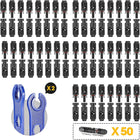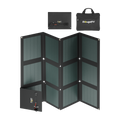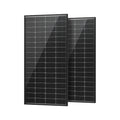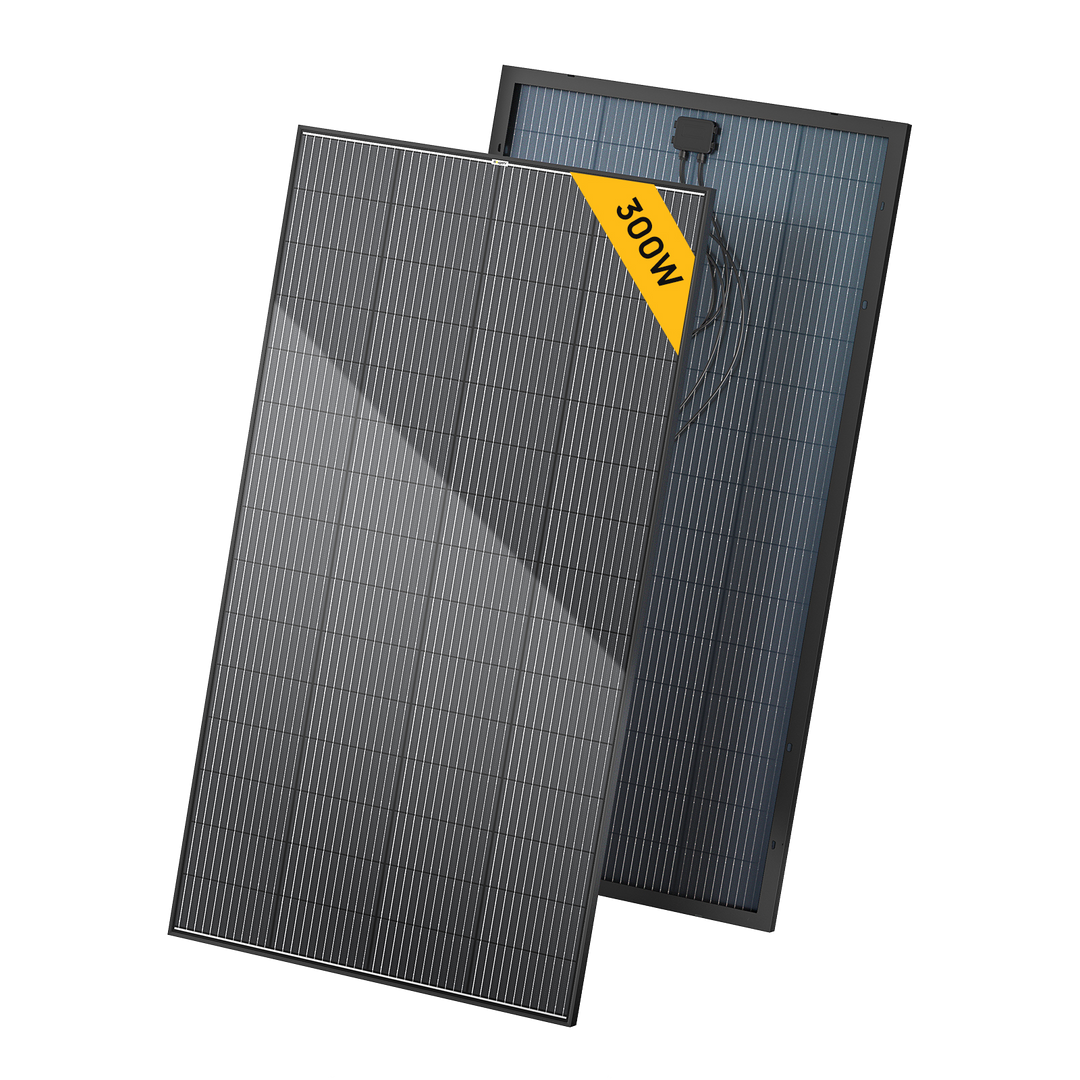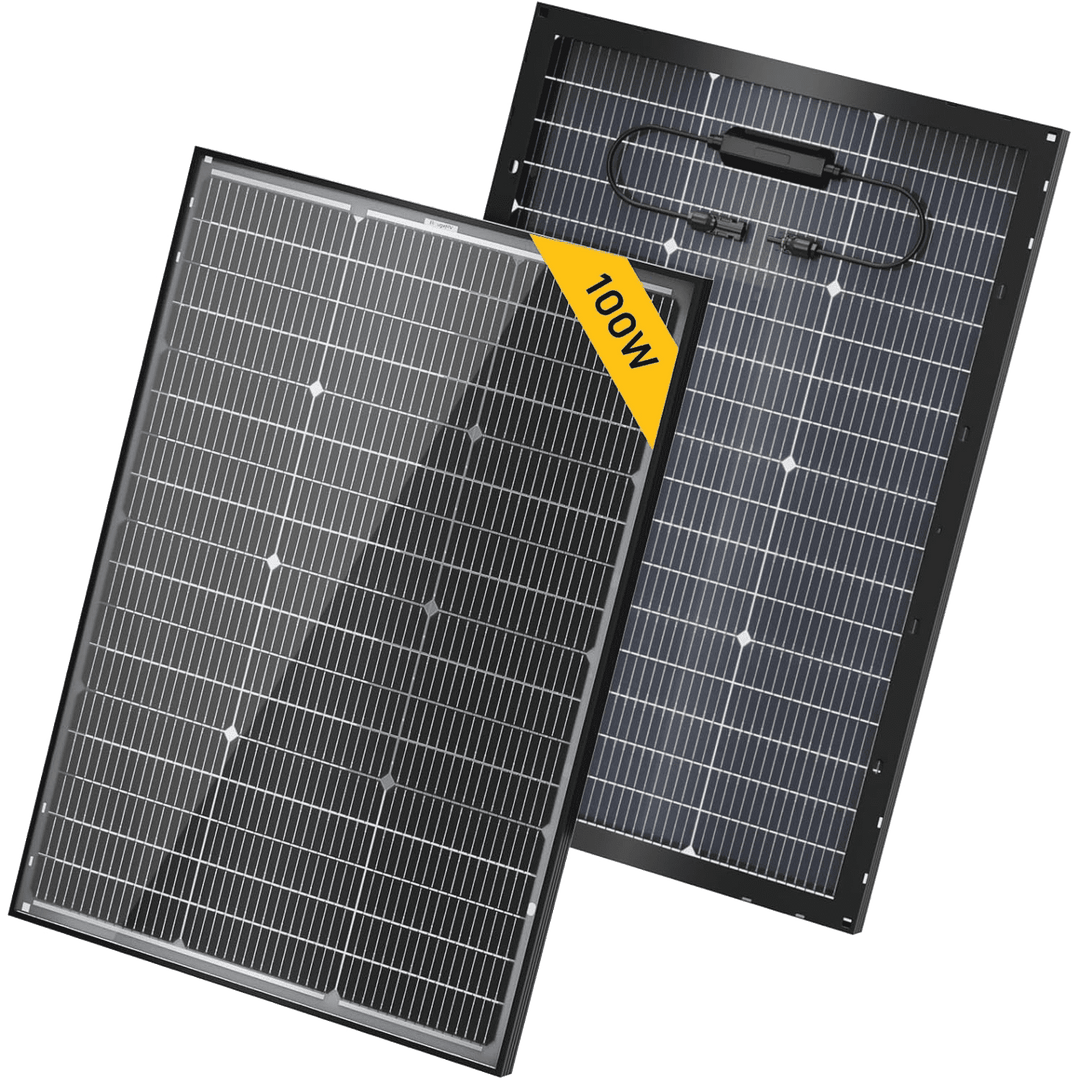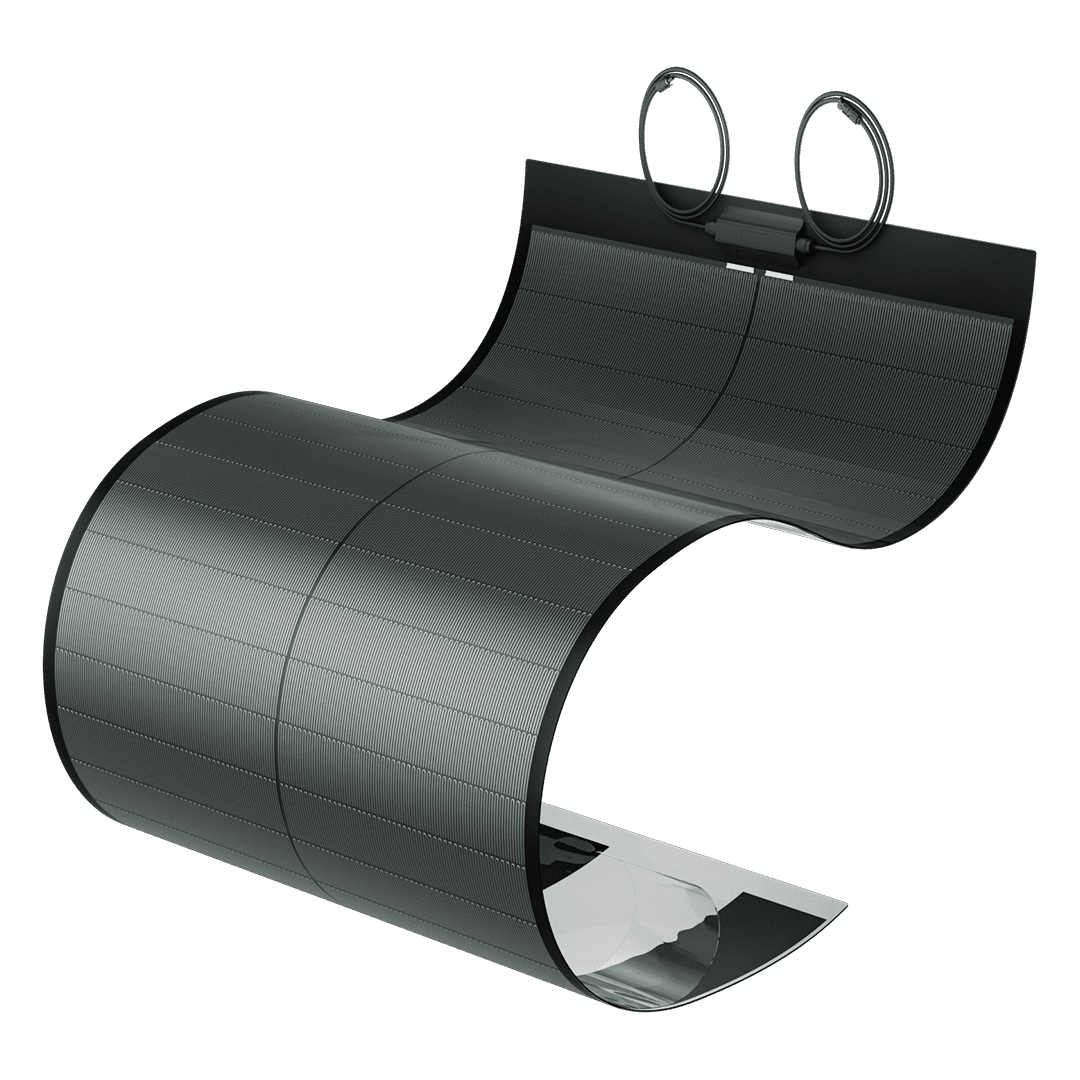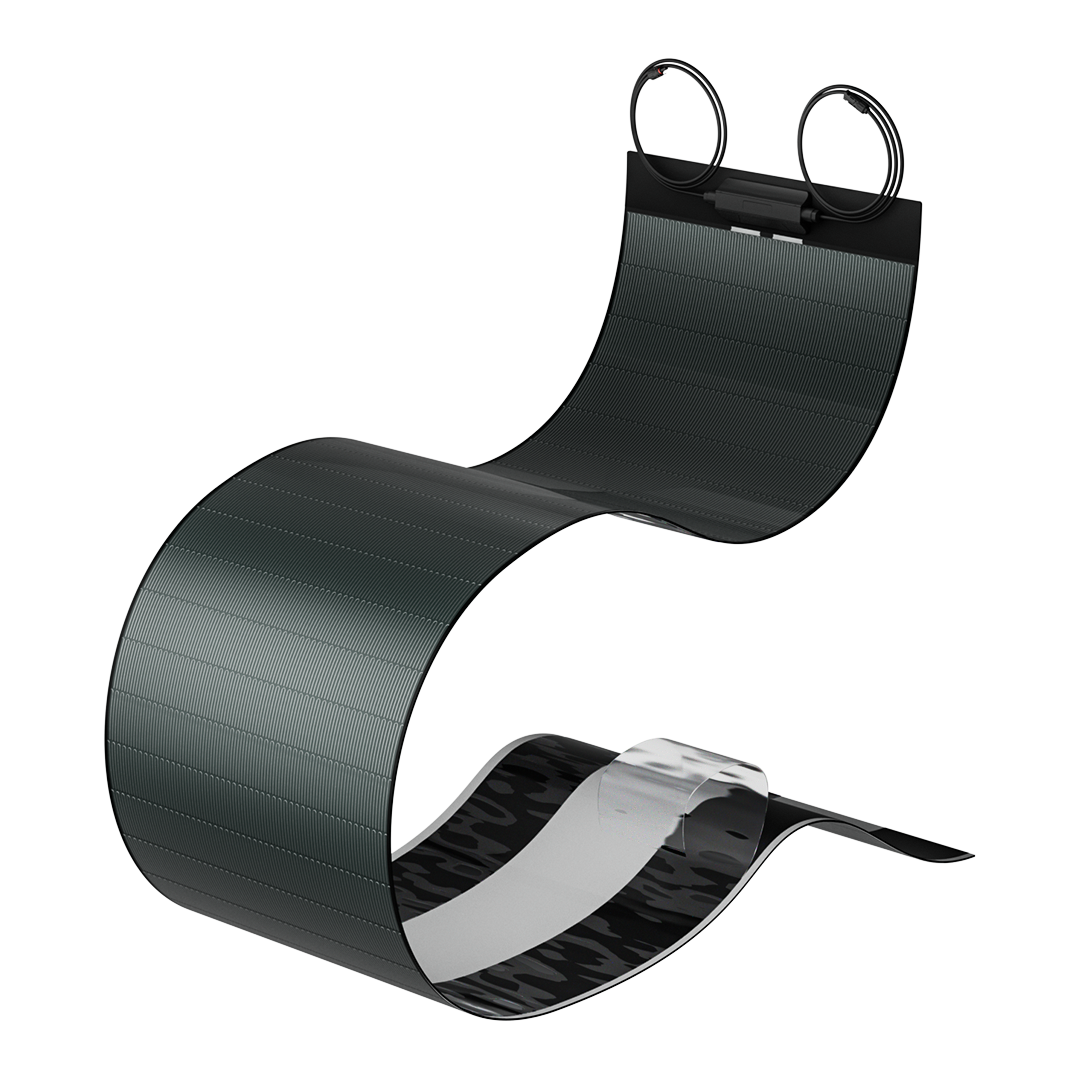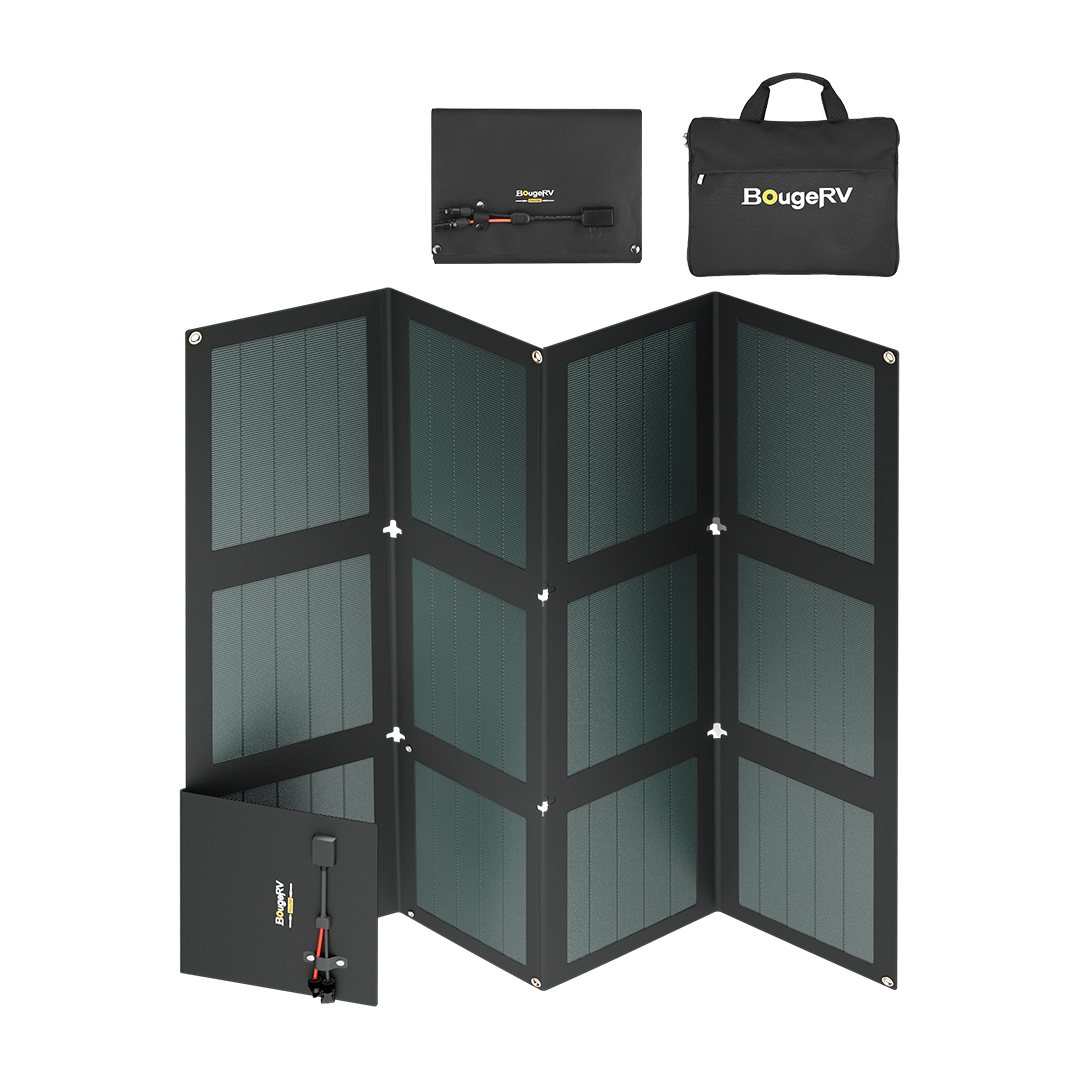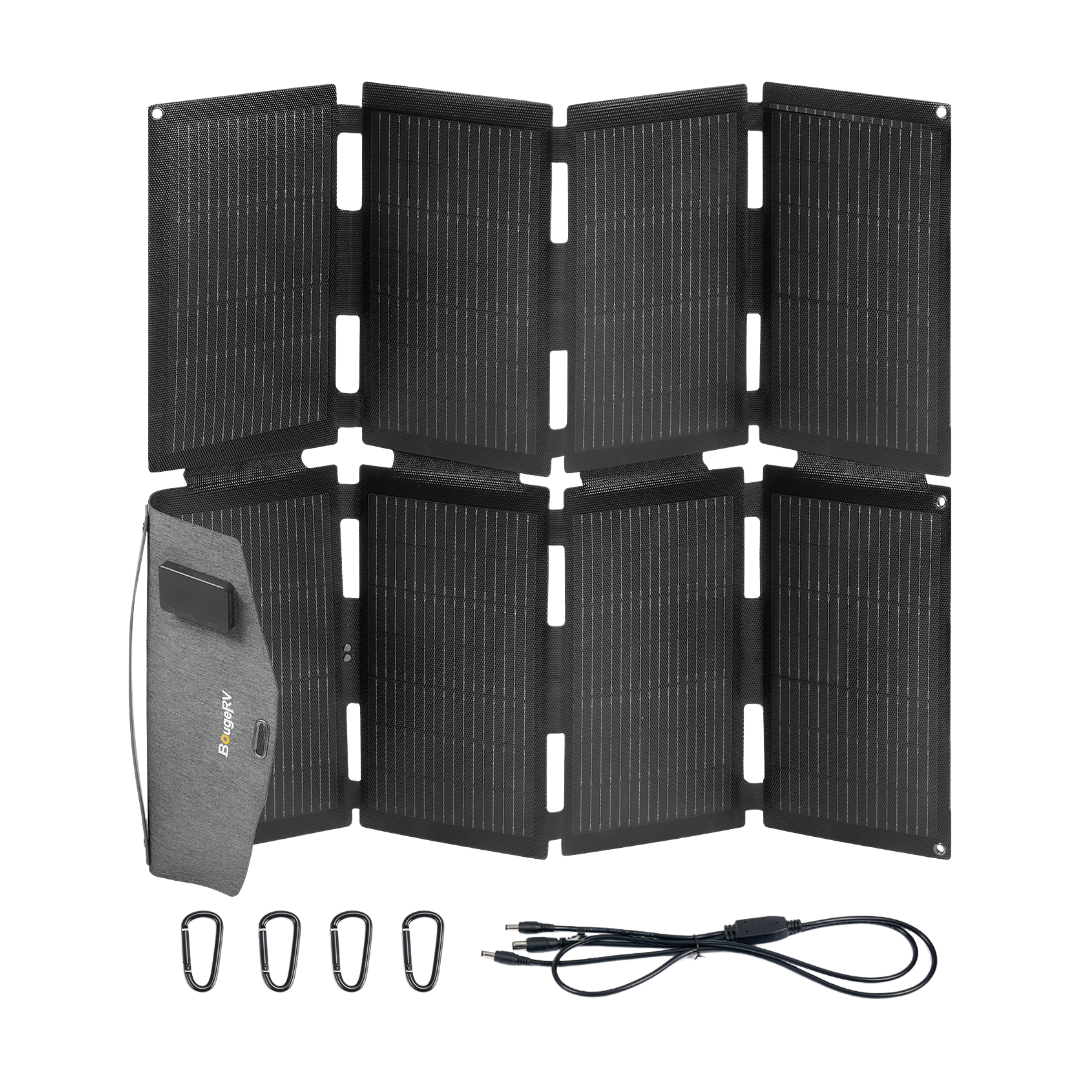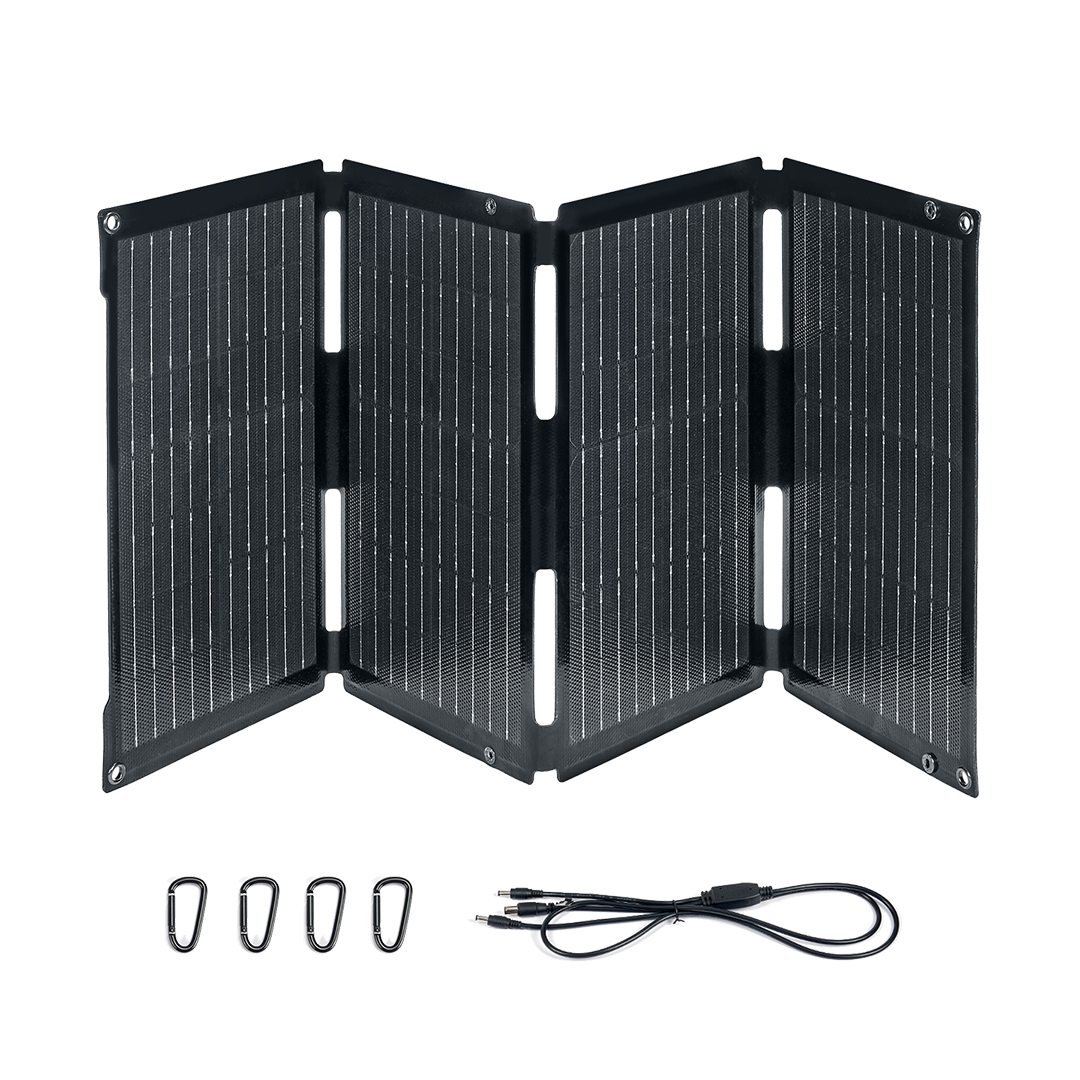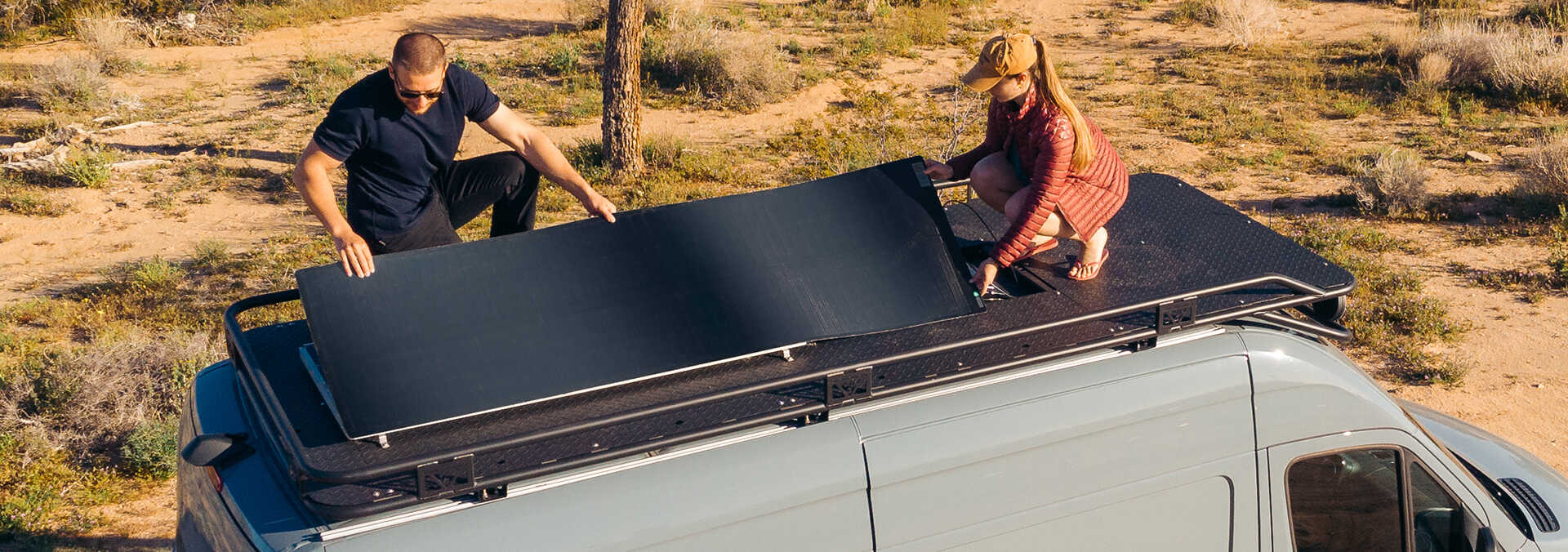
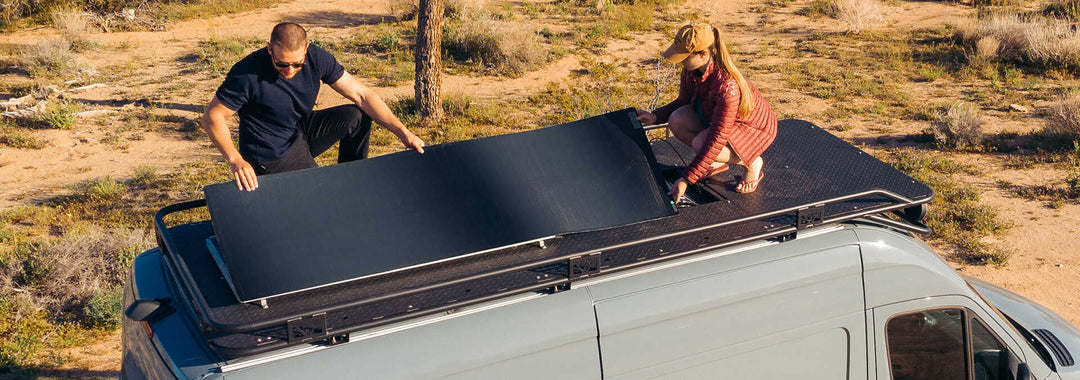
Solar Panels
🌞Stay powered on the go with BougeRV Solar Panels! From CIGS flexible solar panels for uneven surfaces like boats and RVs, to Fiberglass solar panels that withstand extreme weather, our range offers durable, high-efficiency solutions for all outdoor needs. Featuring TOPCon technology for maximum sunlight conversion and Rigid bifacial solar panels for extra energy, BougeRV has the perfect solar panel to keep you charged and ready for any adventure. Harness the power of the sun, wherever you are! 🌍
🌞Stay powered on the go with BougeRV Solar Panels! From CIGS flexible solar panels for uneven surfaces like boats and RVs, to Fiberglass solar panels that withstand extreme weather, our range offers durable, high-efficiency solutions for all outdoor needs. Featuring TOPCon technology for maximum sunlight conversion and Rigid bifacial solar panels for extra energy, BougeRV has the perfect solar panel to keep you charged and ready for any adventure. Harness the power of the sun, wherever you are! 🌍











































































































































































